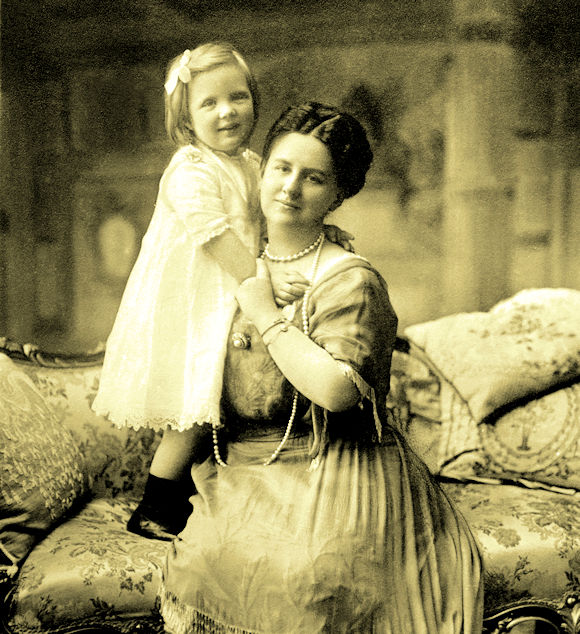Despite the British postwar election call to “Hang the Kaiser,” and the French prime minister Georges Clemenceau’s view that a trial of the Kaiser “would be one of the most imposing events in history, and that the concept was well worthy of being pursued,” Wilhelm II would never be arrested, tried, or sentenced. A Keystone Cops-style kidnapping organized by a U.S. Army Col. Luke Lea in January 1919 embarrassed the Allies, and any further unsanctioned efforts to apprehend the Kaiser were strongly discouraged. However, many of the Allied governments worked, mostly far behind the scenes, to find some quasi-legal way to pressure the Netherlands to hand over the world's most hated war refugee.
 |
| Abdicated Kaiser Wilhelm II Arrives in the Netherlands |
Nevertheless, on 23 January 1920 Dutch officials notified the Allies that they would not extradite the former Kaiser to be tried for war crimes. The late Norman Stone, however, wrote that Wilhelm got off lucky:
Having taken Germany into the First World War, he had fled at its end to Holland, where Queen Wilhelmina gallantly gave him sanctuary at a time when he might have faced extradition to a proto-Nuremberg. Other monarchs in exile had a very bad time of things–the last sultan was cheated by his landlady, the last Habsburg died in impoverished despair in Madeira–but Kaiser Wilhelm arrived in Holland with a massive train and seventy servants and had a substantial manor house at his disposal.
 |
| Queen Wilhelmina About the Time of the War She Would Protect the Kaiser |
The republican governments of Germany not only allowed him a very large income but even in 1919, a supposedly revolutionary time, sent 59 railway carriages of "priceless treasures" from the various schlosses to join him in Holland. His family kept Cecilienhof, where the Potsdam Conference took place in 1945, a palace on Unter den Linden, another one in the Wilhelmstrasse, and a great deal more. He was not grateful for any of this. When news came that republican ministers who had helped him had been murdered, he ordered champagne and did a little dance.
Having given him refuge, Queen Wilhelmina came under pressure from the Allies to extradite him. She refused, on the condition that he stay put on his Utrecht estate. The Kaiser found this "absolutely scandalous" and said he would "never" forgive the queen. She owed him a great deal, he thought, because, after all, in 1914 his armies could have violated Dutch neutrality quite as much as Belgian had he ordered it.
Sources: Norman Stone in Inquiry and Allan Massie in Catholic Herald

After reading this I certainly believe we should have placed him on trial. Missed opportunity to rid the world of an undesirable.
ReplyDeleteA proto-Trump?
ReplyDeletehttps://www.newyorker.com/culture/culture-desk/what-happens-when-a-bad-tempered-distractible-doofus-runs-an-empire?mbid=social_facebook&fbclid=IwAR2M_Bil2FXl98Utqx60E-W_TaRiq8OXC-4mKQMEgo1d18oEWqNJQkl4n2A
DeletePretty chicken dung!
DeleteWonders why everything has to go back to Trump? It is a disgrace for Holland.
ReplyDeleteNot even all the nazi leaders were tried and executed. Many ran away and received asylum in US, Brazil and so on.
ReplyDelete